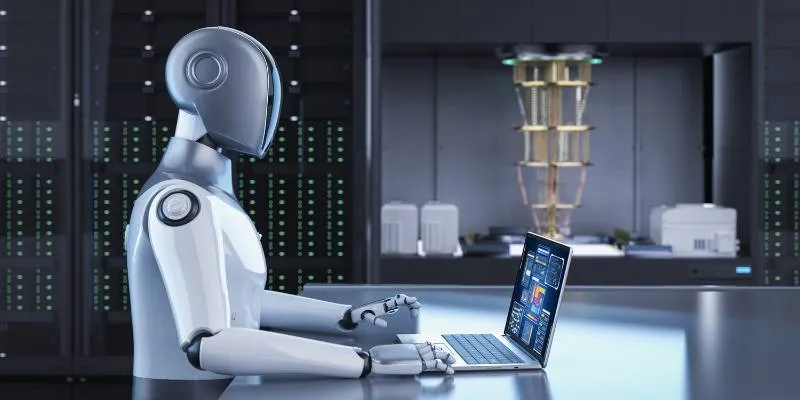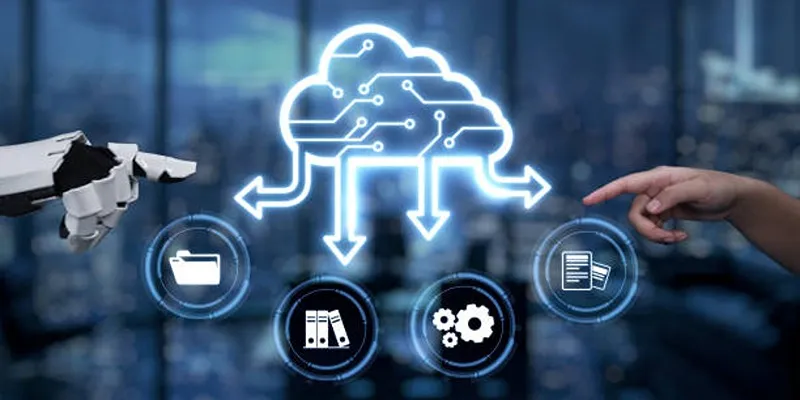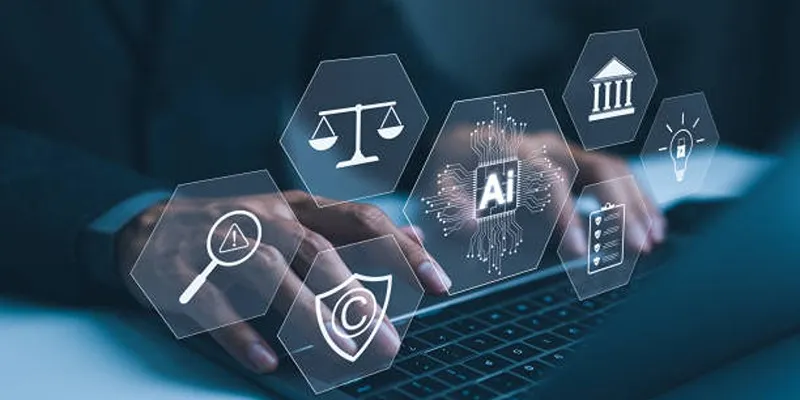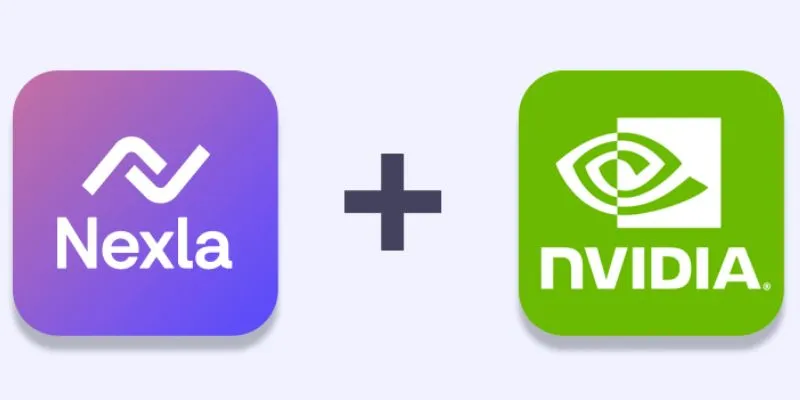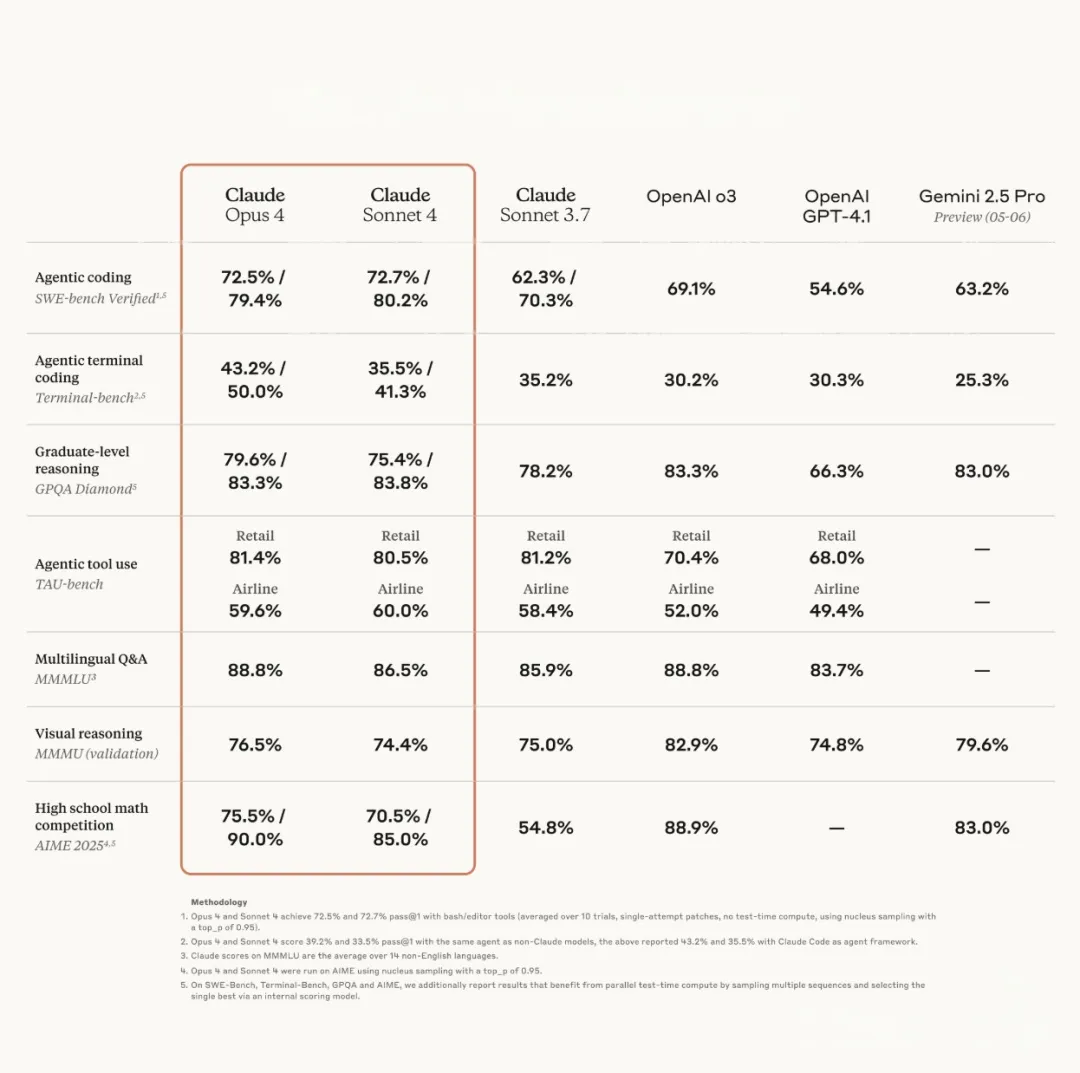Stock trading has transformed considerably with the advent of artificial intelligence (AI). AI-powered algorithms can now analyze vast amounts of data in real time, enabling traders to make faster and more precise decisions. These algorithms help eliminate emotional bias, allowing investors to execute data-driven trades more effectively. By automating processes and identifying profitable opportunities, AI enhances market efficiency. As technology evolves, AI continues to reshape the stock trading landscape, making it more precise and accessible than ever before.
How AI is Revolutionizing Stock Trading
AI has fundamentally changed stock trading by offering several key advantages:
- Faster Trade Execution – AI algorithms can execute trades within milliseconds, significantly faster than human traders.
- Data-Driven Decision Making – AI processes vast amounts of financial data, analyzing trends and market movements with precision.
- Reduced Emotional Bias – AI eliminates human emotions such as fear and greed, which often lead to irrational trading decisions.
- Market Predictions and Forecasting – Based on historical data, AI models can predict future stock prices, helping investors make informed decisions.
- Automated Portfolio Management – AI can help balance a portfolio by assessing risk factors and determining optimal asset distribution.
- Detection of Trading Opportunities – AI-powered algorithms scan the market for profitable trading opportunities based on historical and real-time data analysis.
- Minimized Transaction Costs – AI helps traders reduce costs associated with errors and bid-ask spreads by optimizing trade execution.
Types of AI Algorithms Used in Stock Trading
AI-powered trading strategies utilize various types of algorithms, each designed to perform specific tasks:
Machine Learning Algorithms
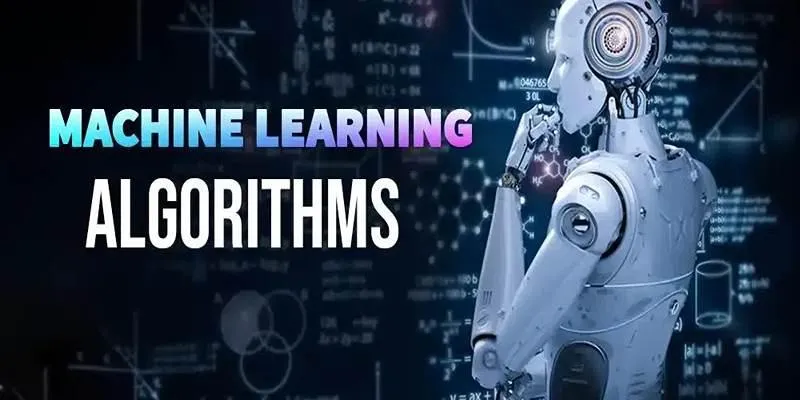
Machine learning (ML) models analyze historical data to detect patterns in stock price movements. These algorithms improve over time by learning from market fluctuations. By identifying trends and anomalies, ML models assist traders in making better decisions and minimizing losses.
High-Frequency Trading (HFT)
HFT algorithms execute a large number of trades within seconds, capitalizing on minor price fluctuations for profit. These strategies require sophisticated AI models capable of handling real-time market data. HFT firms rely on advanced computing power to gain an edge in the market by processing millions of transactions daily.
Natural Language Processing (NLP)
NLP enables AI to analyze financial news, earnings reports, and social media sentiment to predict stock trends. It helps traders understand how market sentiment affects stock prices. By analyzing vast amounts of unstructured data, NLP algorithms provide insights that influence stock movements.
Sentiment Analysis
AI-driven sentiment analysis examines news articles, press releases, and social media discussions to determine market sentiment. A positive sentiment may indicate potential bullish trends, while a negative sentiment might signal a market downturn.
Benefits of AI in Stock Trading
The integration of AI into stock trading has brought several advantages:
- Increased Accuracy – AI minimizes errors in data analysis and trade execution.
- Efficiency in Trade Execution – AI can handle large volumes of trades quickly and efficiently.
- Lower Trading Costs – Automated trading reduces the need for manual intervention, decreasing costs associated with brokerage fees and human analysts.
- Improved Risk Management – AI detects potential market risks and adjusts trading strategies accordingly.
- Identification of Arbitrage Opportunities – AI detects price differences between exchanges and executes trades to exploit them before human traders can react.
- 24/7 Market Monitoring – AI-powered trading bots can operate around the clock, identifying and executing trades even when human traders are offline.
Challenges and Risks of AI in Stock Trading
Despite its benefits, AI-driven stock trading comes with certain risks and challenges:
- Market Volatility – AI algorithms react instantly to market changes, sometimes exacerbating price fluctuations.
- Lack of Human Judgment – AI lacks human intuition, which can be crucial during unexpected market events.
- Algorithmic Bias – AI models may reflect biases present in historical data, leading to inaccurate predictions.
- Over-Reliance on Historical Data – AI algorithms depend on past market trends, making them vulnerable to sudden, unprecedented changes.
- Possibility of Market Manipulation – Some trading firms may use AI-driven strategies to manipulate market prices, raising ethical concerns.
AI in Algorithmic Trading: How It Works
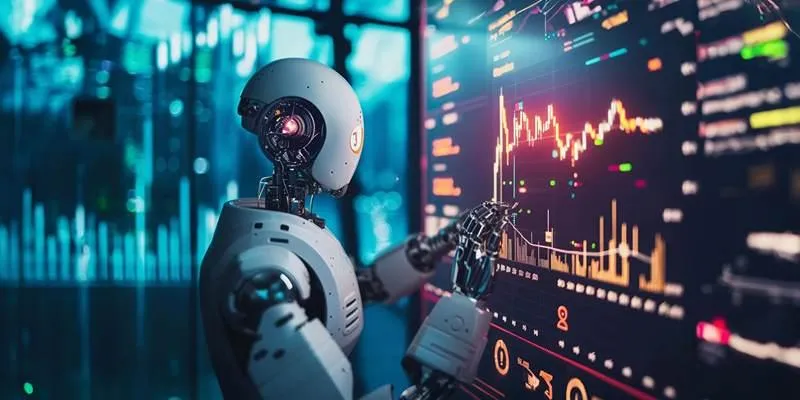
AI-based algorithmic trading involves automated systems that analyze and execute trades based on market conditions. These systems operate using:
- Technical Indicators – AI studies moving averages, relative strength index (RSI), and other indicators to predict price movements.
- Fundamental Analysis – AI evaluates company earnings, revenue growth, and balance sheets to assess stock value.
- Market Trends and Patterns – AI detects recurring market behaviors, allowing traders to capitalize on predictable patterns.
- Anomaly Detection – AI identifies unusual market behaviors that could indicate potential investment risks or opportunities.
Ethical Concerns in AI Stock Trading
While AI brings efficiency to stock trading, it also raises ethical concerns, such as:
- Unfair Market Advantage – Institutional investors with access to powerful AI tools may have an edge over retail traders, leading to market inequality.
- Lack of Transparency – Many AI-driven trades occur with little to no transparency, making it difficult for regulators to monitor and control market activities.
- Job Displacement – AI automation in trading reduces the need for human analysts, leading to job losses in the financial sector.
- Flash Crashes – AI algorithms have been linked to sudden market crashes caused by rapid sell-offs triggered by automated trading.
Conclusion
AI has revolutionized stock trading by enhancing speed, accuracy, and decision-making capabilities. By automating trading processes and analyzing vast amounts of market data, AI-driven algorithms empower traders to make smarter and more efficient investment decisions. However, the increasing reliance on AI in stock trading also presents challenges, including ethical concerns, market volatility, and regulatory oversight. As AI continues to shape the trading landscape, traders must remain informed about both its benefits and risks to navigate the market successfully.
 zfn9
zfn9











